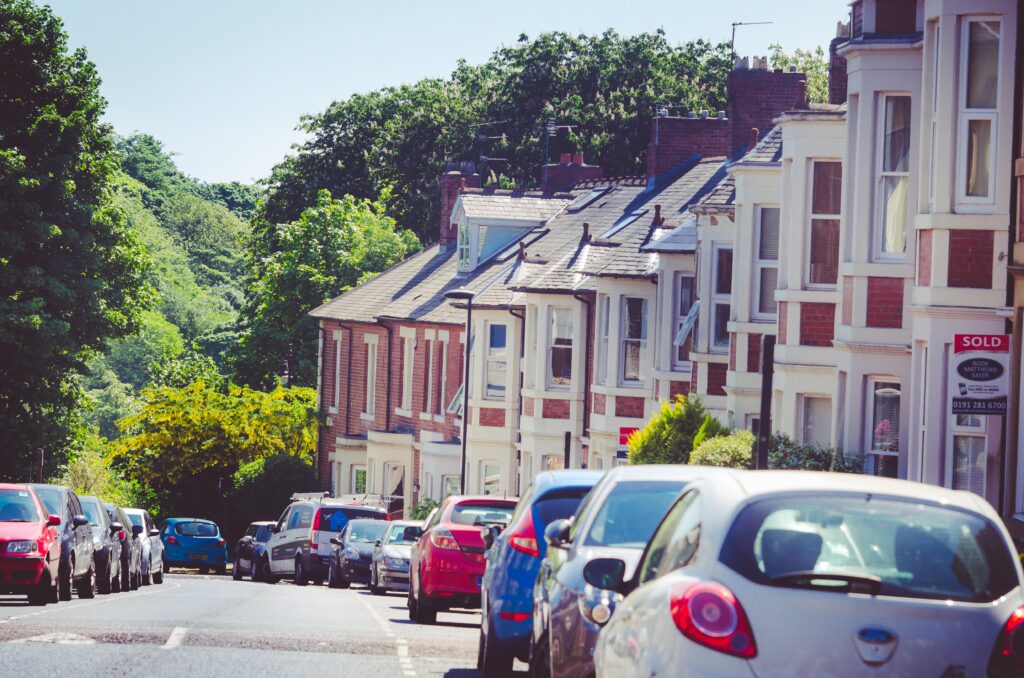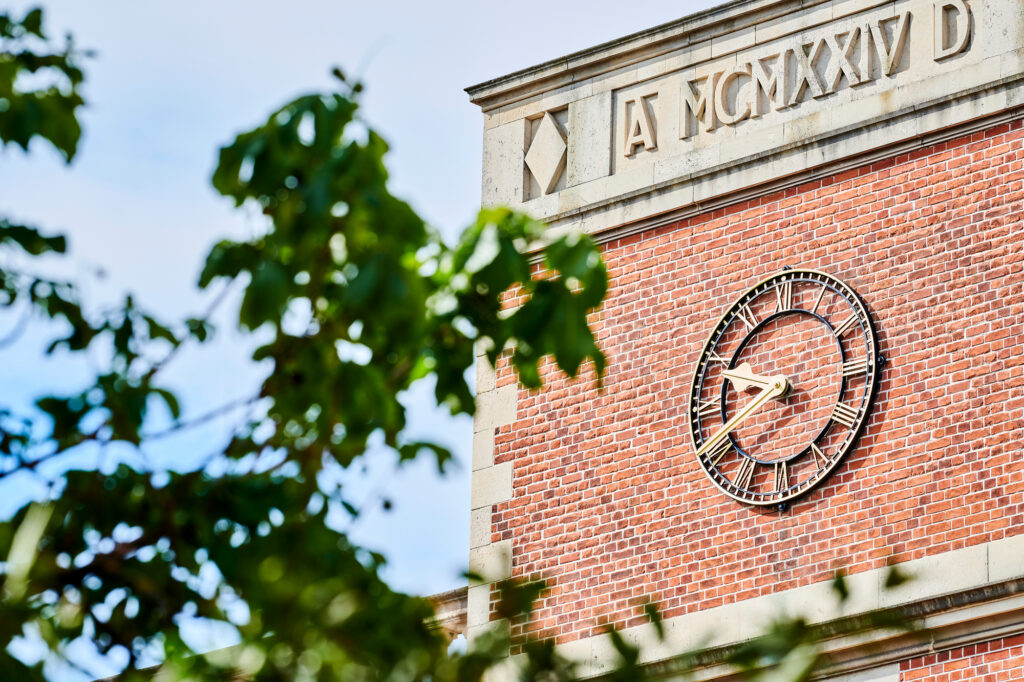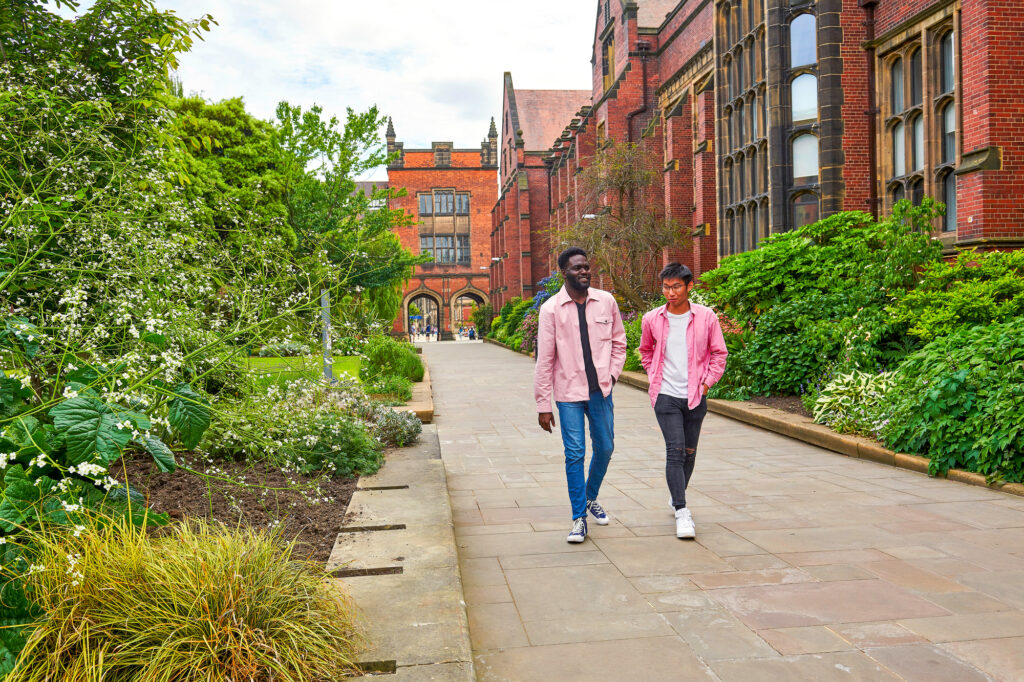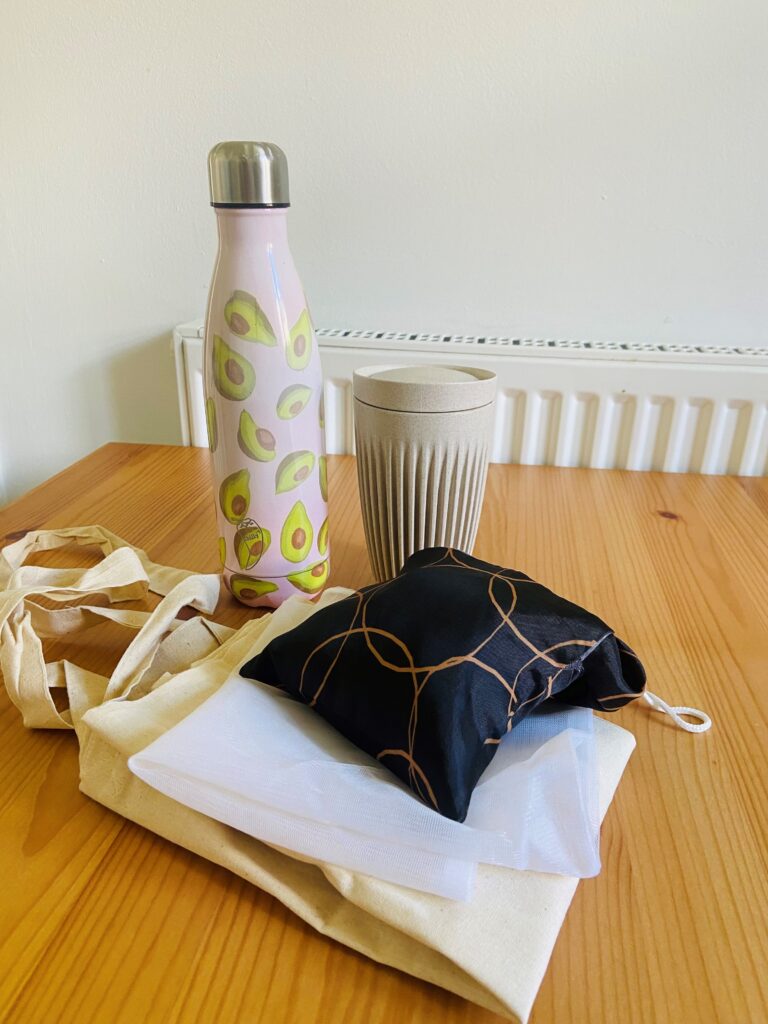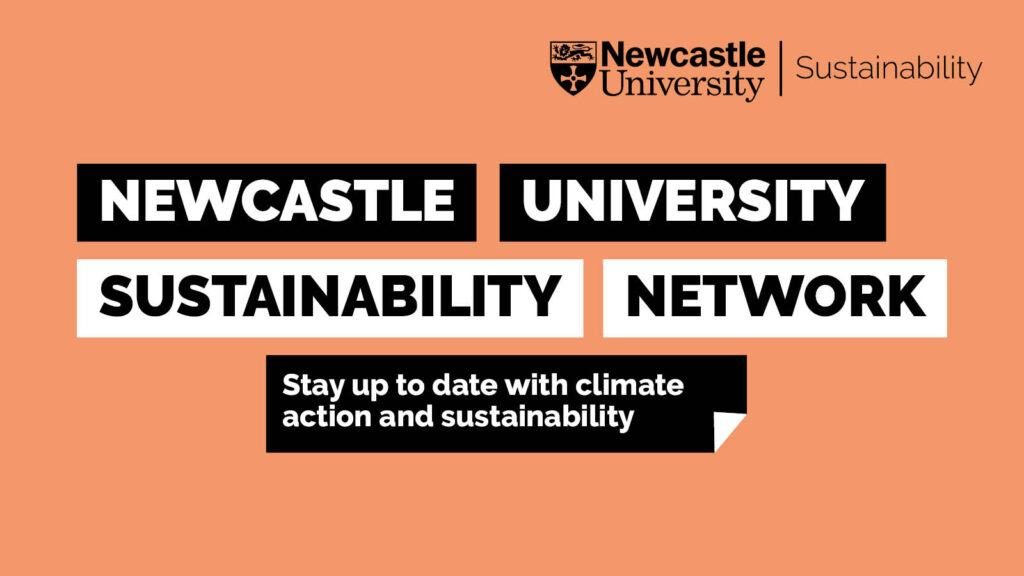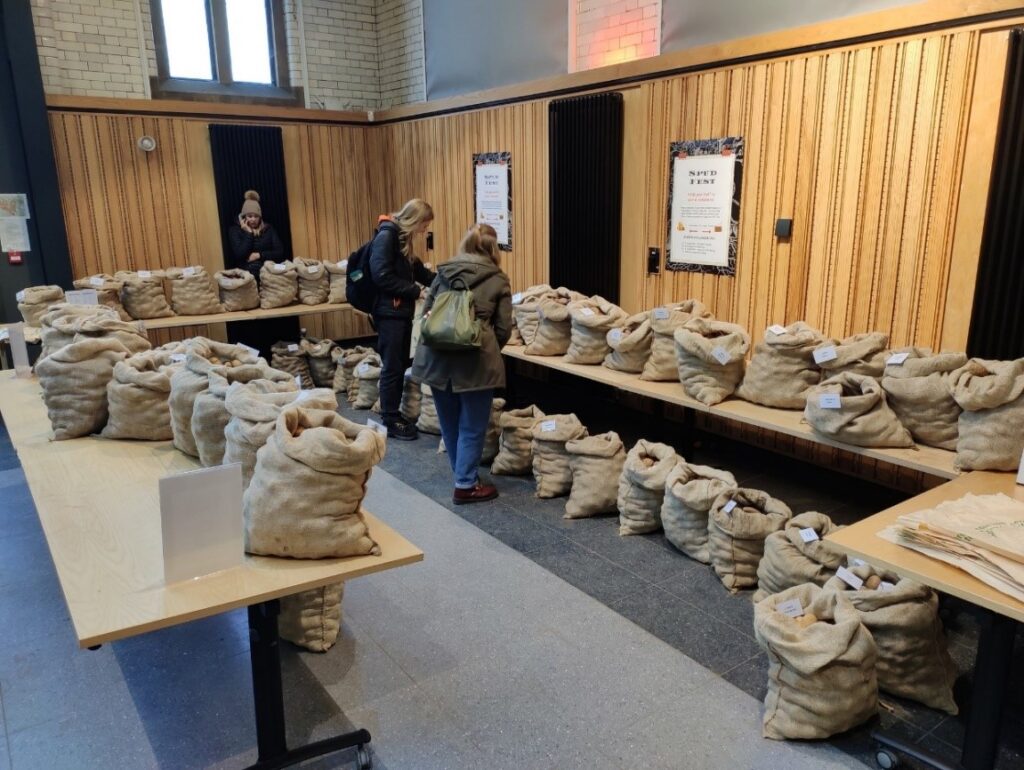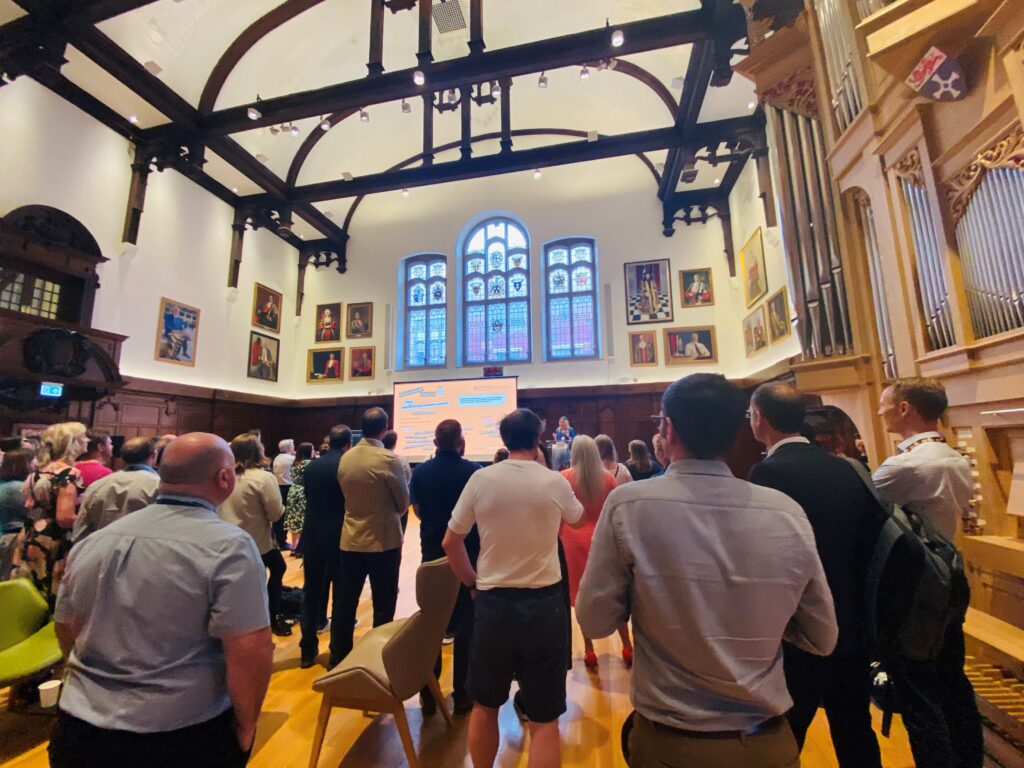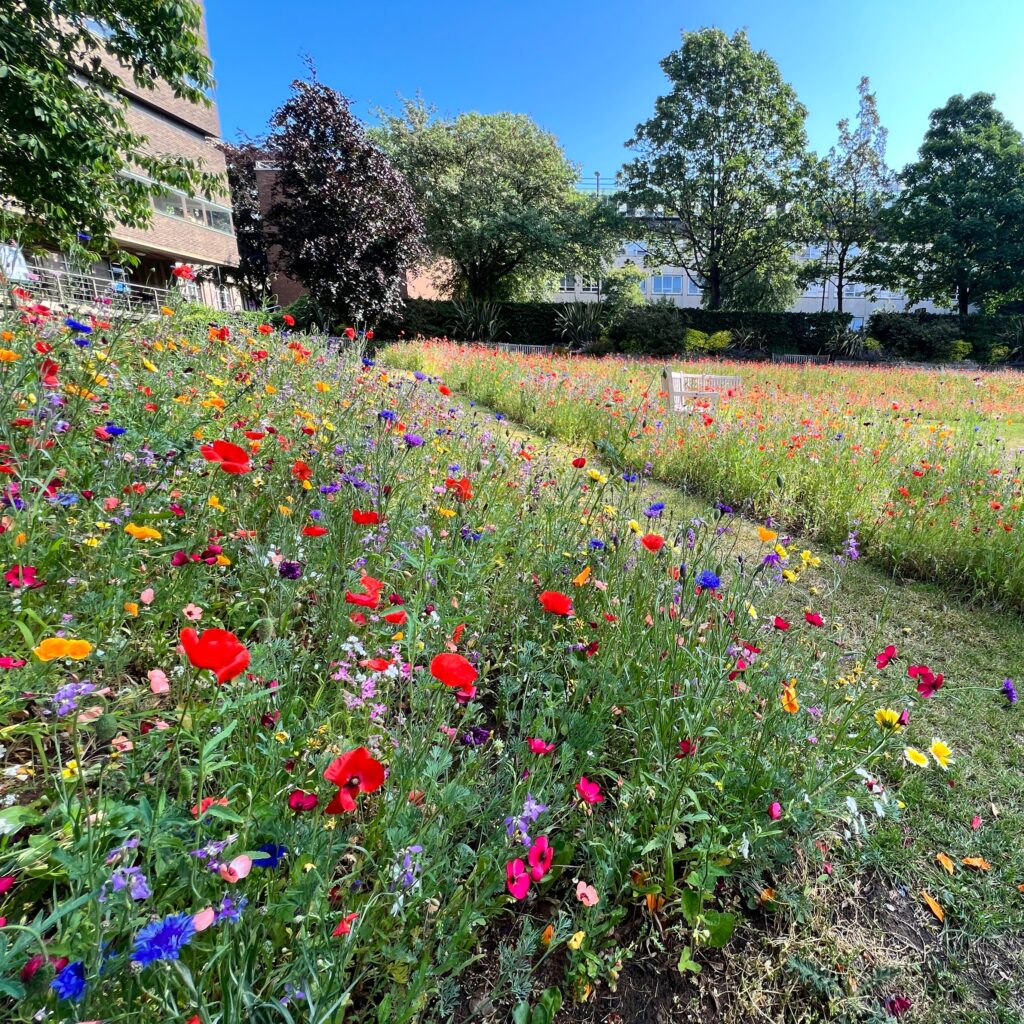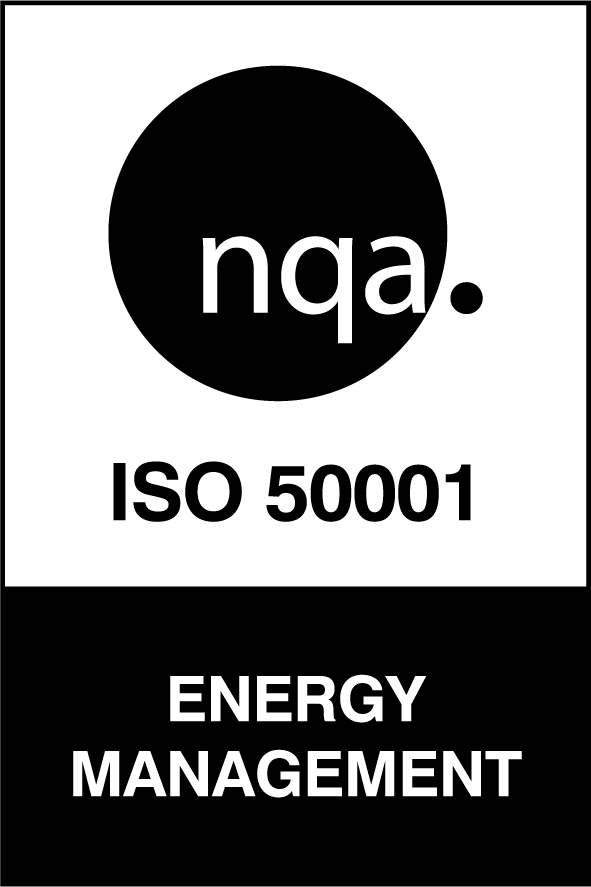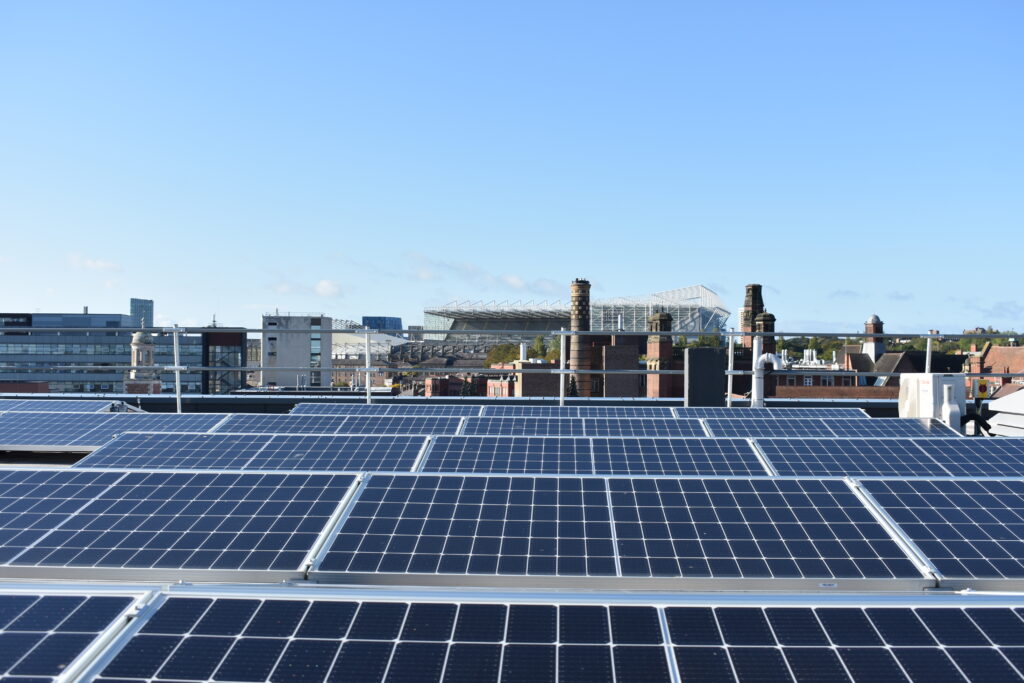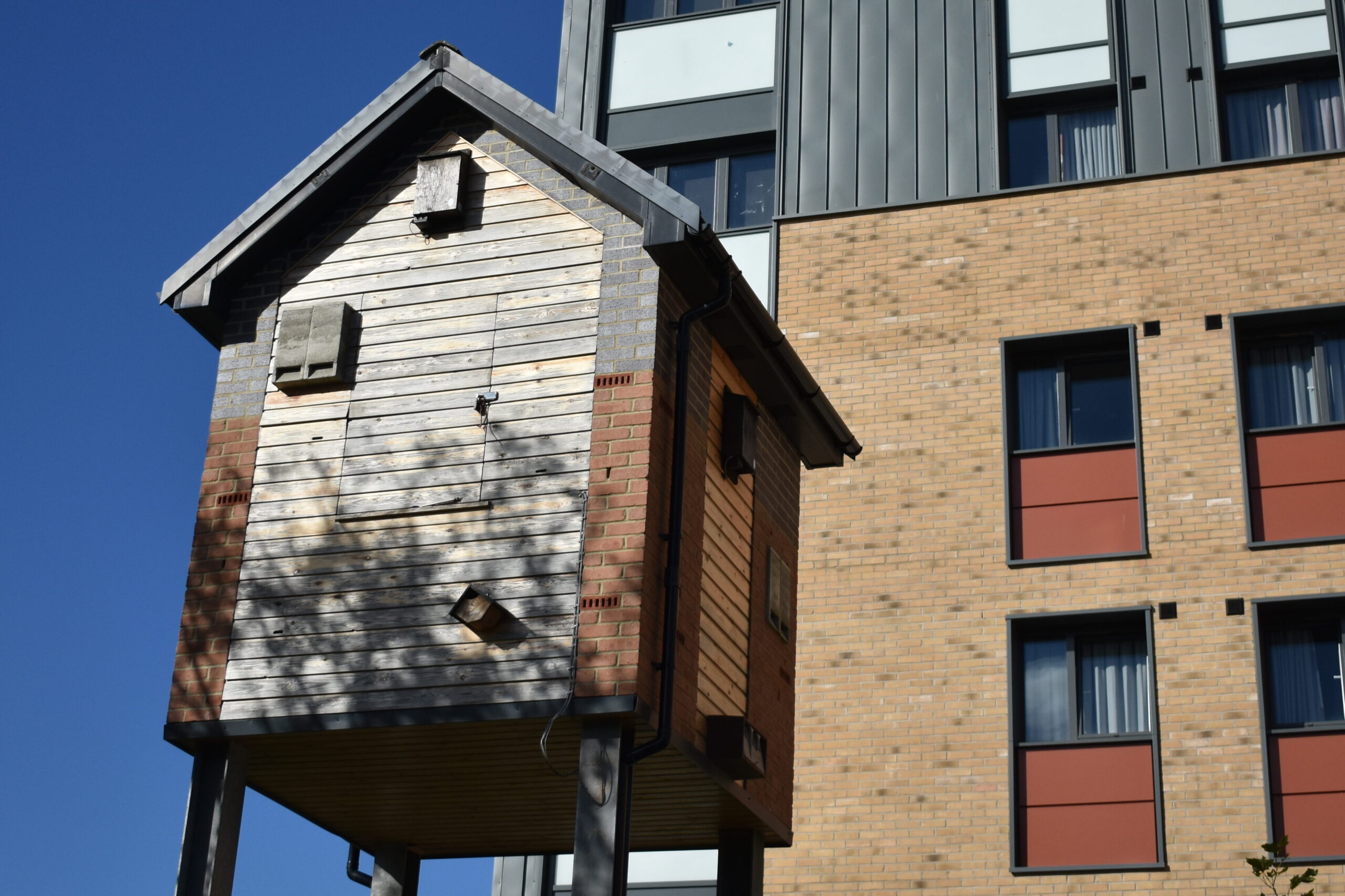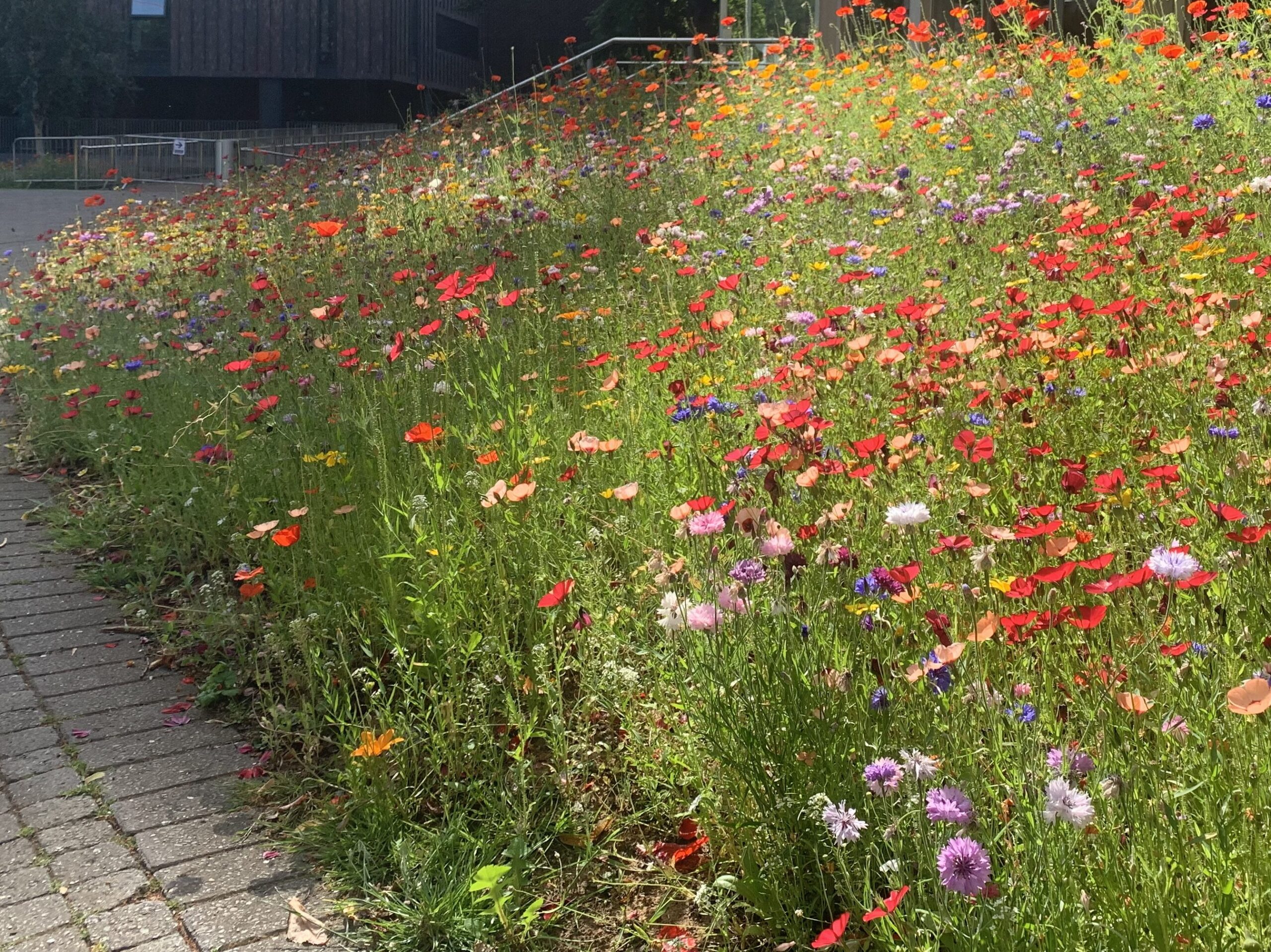Monday 22nd September is World Car Free Day and Newcastle University is taking a city-wide approach with local institutions including Newcastle City Council, Northumbria University, Newcastle upon Tyne Hospitals NHS Foundation Trust and Nexus.
We are asking those who can, to take the Newcastle Car Free Day pledge and commute to campus using a car free mode of transport such as cycling, walking or wheeling, metro or bus.
We know trying a new mode of transport to commute can be daunting, so we have asked colleagues what advice they would give to people trying their preferred modes for the first time. You can read the testimonials below – make notes of the helpful tips they provide!
Public Transport
Charlotte Robson commutes via the metro
- Why is this your preferred mode of transport? I commute via the metro as it is a quick and sustainable mode of transport. I like to use the commuting time to find some calm (at the start and/ or the end of your day), I often do this by reading a book or listening to a podcast.
- Do you have any advice for someone considering using this mode of transport to commute? The Nexus Pop app is a great way to keep track of what’s happening on the metro network, you can check train times so you can minimise your wait on the platform. Always pack an umbrella in case it is raining when you get off the train (the weather in Newcastle can be a tad unpredictable). If you become a regular user of public transport during the week and on the weekends, look at the University public transport page as an annual travel ticket for one of the local providers may work out cheaper for you.
Cycling
Amy Johnson commutes via cycling on a hybrid bike
- Why is this your preferred mode of transport? Cycling is much cheaper than the bus (£5 per day) and quicker! I have a car but driving into the city centre during rush hour and having to pay for parking doesn’t appeal to me. It’s also nice to get some fresh air on the way to and from work.
- Do you have any advice for someone considering using this mode of transport to commute? Investigate your options first, see if your workplace has a cycle to work scheme. Can you secure your bike securely at home and at work? Does your work have lockers? It can be a bit of money to begin with – for example getting a bike, helmet, lock, high vis jacket etc but once you’ve got it all its much cheaper than other modes of transport. Cycling can be intimidating to start with for example getting used to traffic etc, but once you get the hang of it and become more confident its much easier. The more of us that can cycle to work, the better – it increases safety in numbers, will make drivers more aware of cyclists and lead to shifts in behaviour (think about cycling somewhere like Amsterdam!)
Jane Robinson uses a bike to commute to campus
- Why is this your preferred mode of transport? I cycle along the river from Wylam – it’s a beautiful, safe (and flat!) route – it gives me time to think and prepare for the day and unwind on the way home and I fit in my exercise as part of the day.
- Do you have any advice for someone considering using this mode of transport to commute? Make the most of Cycle to Work scheme. Wear bright colours and always use your lights. Most importantly, enjoy the ride!
Carys Watts commutes via cycling
- What form of sustainable transport do you use to commute? I cycle to work from Gateshead to Newcastle, half of my route is off-road, the rest is shared use or cycle lanes. Previously to help with timings for the school-run, I drove partway with my bike in the car, then cycled the rest.
- Why is this your preferred mode of transport? My commute time is reliable and I feel alert, relaxed and healthy, plus there is no daily cost.
- Do you have any advice for someone considering using this mode of transport to commute? Starting out cycling I would invest in a helmet, a bright (neon) waterproof jacket and decent bike lights for visibility. Get a strong bike lock and ask friends/co-workers their advice on their recommended routes, bike parking and servicing.
Walking
Hannah Owens walks to work
- Why is this your preferred mode of transport? I enjoy being out in the fresh air and getting some exercise through my commute. It’s roughly a 35-minute walk so it’s a good amount of time to prepare for the day ahead on the way in and unwind on the way home. It’s also great for enjoying nature and green spaces- I love that in the summer months I get to experience fields of cows on my city centre commute!
- Do you have any advice for someone considering using this mode of transport to commute? Layered clothing and comfortable/sturdy footwear, and it’s a great way to enjoy podcasts.
If you would like some additional information, you can find more advice and helpful information on the Sustainable Campus Travel pages.


